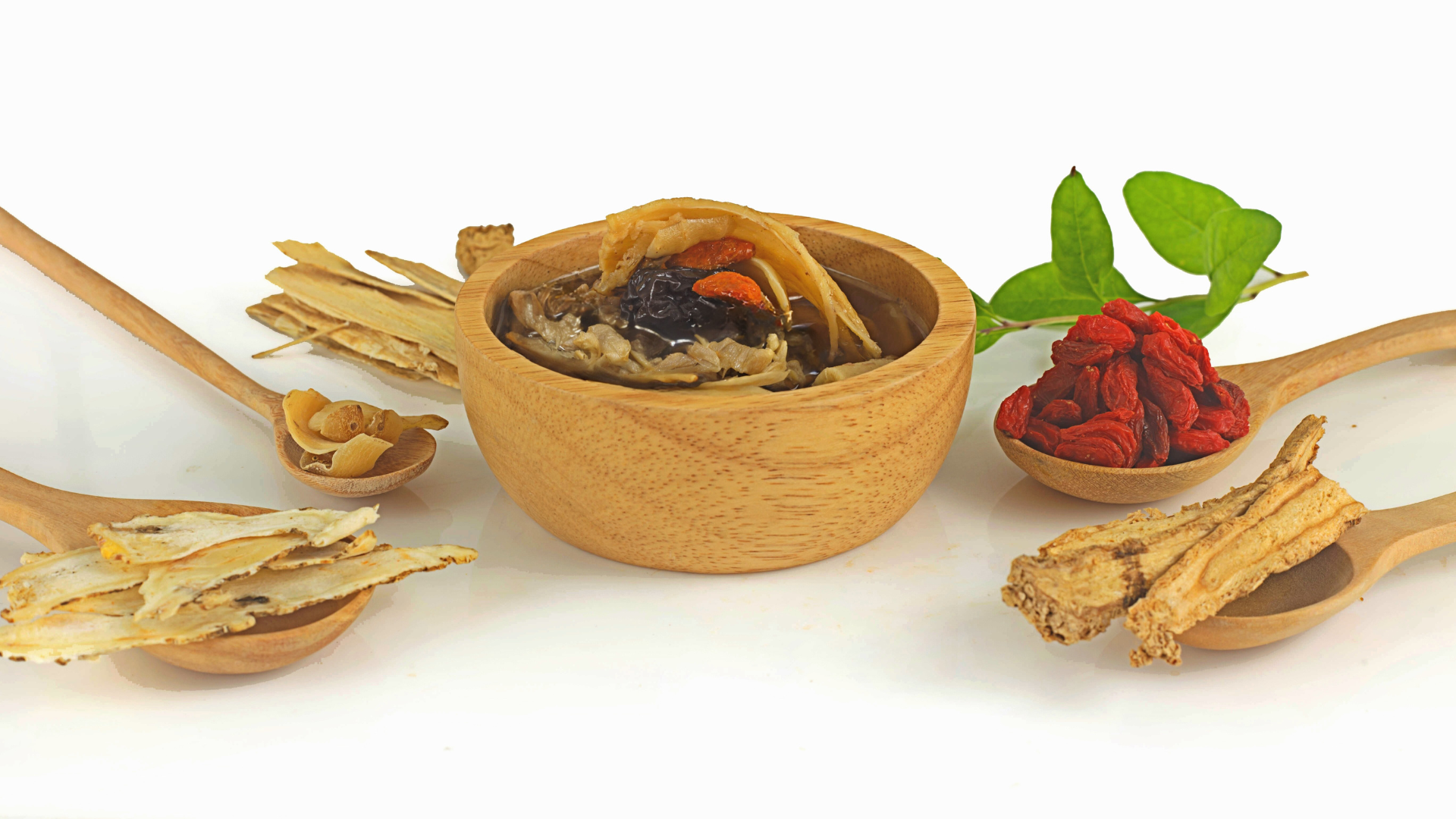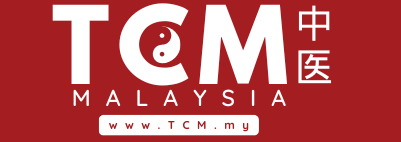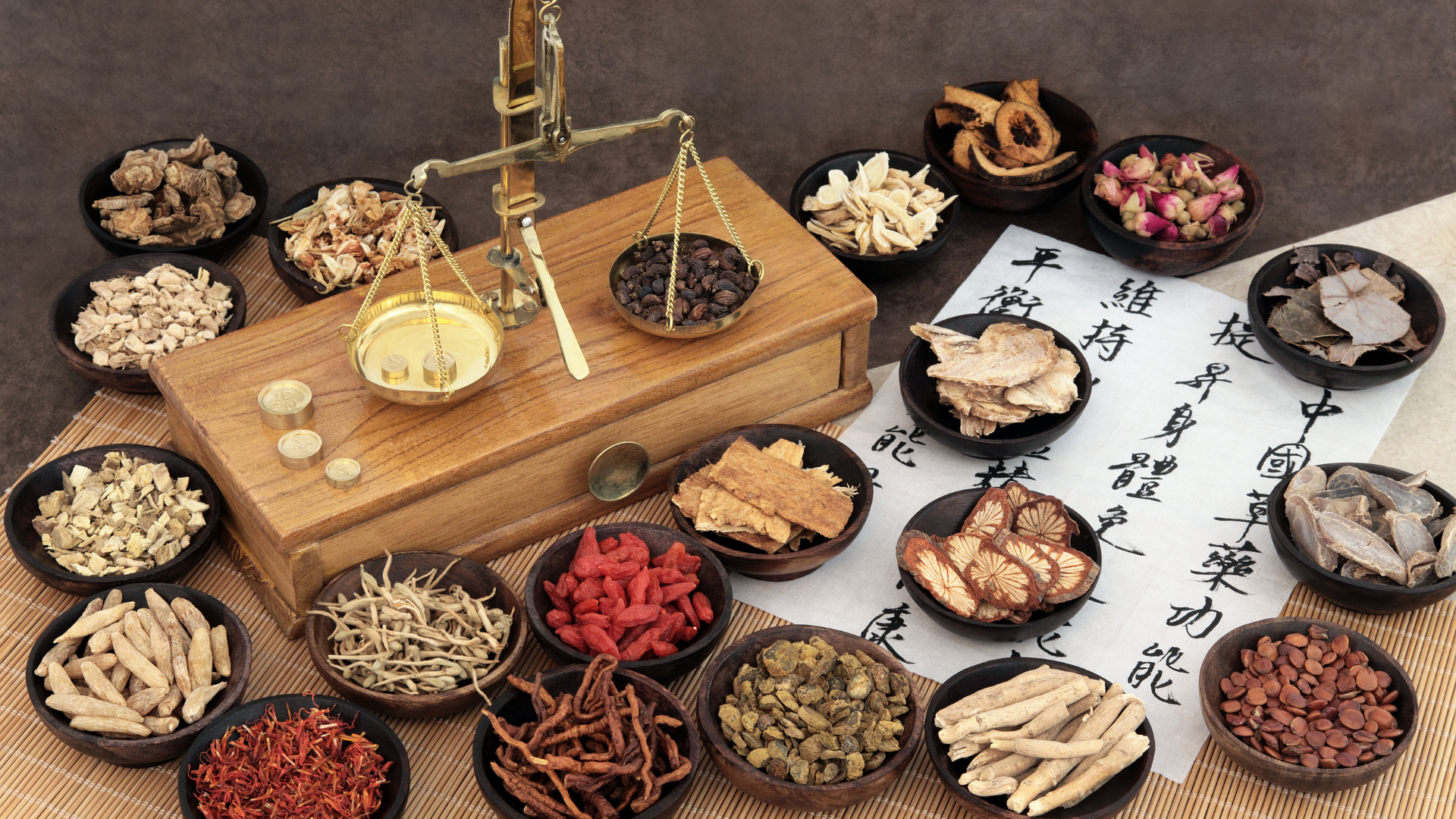Chinese herbal medicine (中草药, pronounced “Zhōng Cǎo Yào”) is a specialized branch of herbal medicine deeply rooted in Traditional Chinese Medicine (TCM). While it shares some similarities with other herbal traditions, it has unique principles, practices, and formulations. Here’s how Chinese herbal medicine differs and what makes it special:
Key Features of Chinese Herbal Medicine
1. Holistic Approach:
- Chinese herbal medicine focuses on balancing the body’s Qi (气) (vital energy), Yin (阴) and Yang (阳), and the five elements (Wood, Fire, Earth, Metal, Water).
- It treats the root cause of illness, not just the symptoms.
2. Individualized Formulas:
- Herbs are rarely used alone. Instead, they are combined into custom formulas tailored to a person’s specific condition, constitution, and symptoms.
- A single formula may include 6–12 different herbs, each playing a specific role (e.g., “emperor” herb for the main effect, “minister” herbs for the secondary effect and “assistant” herbs to enhance or moderate its effects).
3. Energetic Properties:
- Herbs are classified by their nature (e.g. hot 热, cold 冷, warm 温, cool 寒) and flavor (e.g. sweet 甘, sour 酸, bitter 苦, spicy 辛, salty 咸).
- For example, ginger is warming and used for cold conditions, while mint is cooling and used for heat-related issues.
4. Preparation Methods:
- Decoctions
- Cooking
- Powders or capsules
- Tinctures (alcohol extracts)
- Pills or tablets
- Topical applications (e.g., plasters, creams)
Common Uses of Chinese Herbal Medicine
- Chronic Conditions: Arthritis, digestive disorders, and respiratory issues.
- Immune Support: Strengthening the body’s defenses against illness.
- Women’s Health: Regulating menstrual cycles, easing menopause symptoms, and supporting fertility.
- Stress and Emotional Health: Calming the mind, reducing anxiety, and improving sleep.
- Pain Management: Relieving muscle aches, joint pain, and headaches.
How It Differs from Western Herbal Medicine
- Philosophy: Chinese herbal medicine is based on TCM principles (e.g., Qi, Yin-Yang), while Western herbal medicine often focuses on biochemical interactions.
- Formulas: TCM uses complex, multi-herb formulas, whereas Western herbal medicine may use single herbs or simpler combinations.
- Diagnosis: TCM practitioners use methods like pulse and tongue diagnosis to guide treatment, which is less common in Western herbalism.

Conclusion
Chinese herbal medicine offers a time-tested, holistic approach to health. When prescribed by a qualified TCM practitioner, it can address a wide range of conditions while promoting overall balance and well-being.
Explore TCM herbs, supplements, natural and organic herbal remedies, and products here: https://www.iherb.com?rcode=CCQ2380

